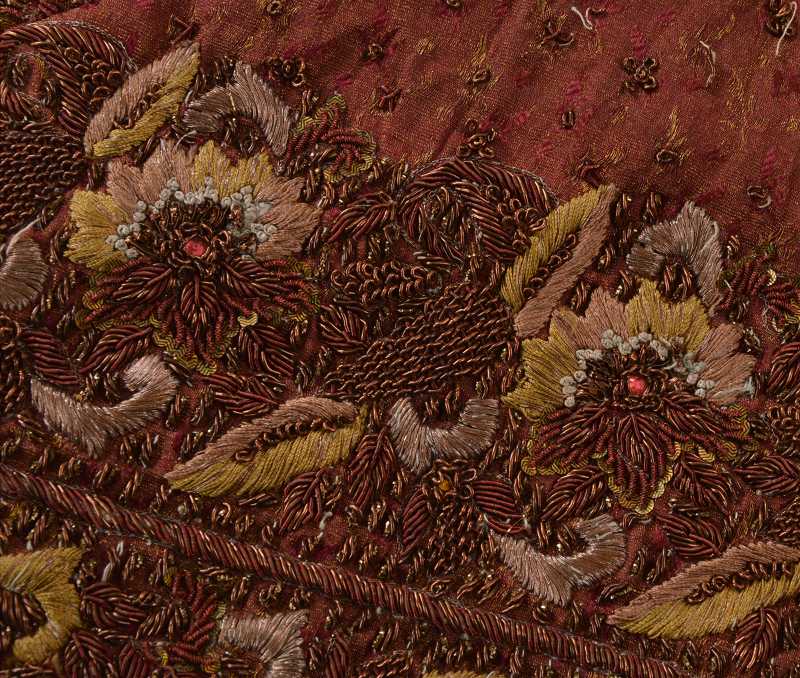===
0904,
13
===

=== |
 |
daryā : 'The sea; the waters; a large river (the common signification in India'. (Platts pp.515-16)
sāḥil : 'Sea-shore, shore, beach, coast'. (Platts p.622)
FWP:
SETS == INEXPRESSIBILITY; OPPOSITES
MOTIFS
NAMES
TERMSWhat a gorgeously enigmatic little verse! The double sense of be-tahī is irresistible: a body of water can be 'depthless' in the sense of 'shallow', lacking any depth; or else (though secondarily) in the sense of 'bottomless', unfathomable, immeasuraby deep. Thus, as SRF notes, the first line can be read either as a straight exclamation ('How shallow it is!') or sarcastically ('Ha ha-- how deep it is!'); either reading of course works with the inexpressibility trope.
Then the second line informs us that 'from here to there', in 'a hundred places', there is a 'shore'. This is something hard to visualize in the case of an ocean or sea, unless we expand the normal meaning of sāḥil to include islands and shoals, as SRF suggests.
But if we also add 'fords' (which may be a subset of 'shoals') to the expanded list of possibilities, really that's the ideal correlative to the image of crossing over that is provided by 'from here to there'-- and is also instantly evoked for any reader of bhakti poetry (think of pār karnā , the idea of 'crossing over'). The idea of 'fords' and 'crossing over' also reminds us that daryā in Urdu more often means 'river' rather than 'ocean'. It's much easier to imagine a river with a hundred fording-places, than an ocean with a hundred fording-places.
There are really two main directions in which the imagery of 'crossing over the river/ocean of life' has been poetically developed. One is of the journey from this life to some kind of life or destiny beyond death-- a journey that may be highly desirable, that may take the aspirant to some kind of heaven, or at least to the Elysian fields. The other direction is simply toward a crossing over from 'here to there', from life into non-life-- a journey that is commonly made with reluctance and fear (as {904,5} makes amply clear). In the case of the present verse, it's impossible to say which kind of journey is being discussed. The speaker might be cheerfully reassuring us ('It's easy to get to heaven') or grimly warning us ('It's all too easy to die').
But however we imagine the river/ocean and the journey, we also note that the speaker of the verse, our informant, might be wrong. There's something hyperbolic and bombastic about his tone. He might be the kind of person who just enjoys hearing himself talk. After all, how would he know about these hundred crossing-places? By definition, he himself, being still alive, has not yet crossed over. Even when he does, he'll only need one crossing-place. So he can only have derived his ideas from observation of others. But is he a reliable observer? And can such information be acquired by observation at all?